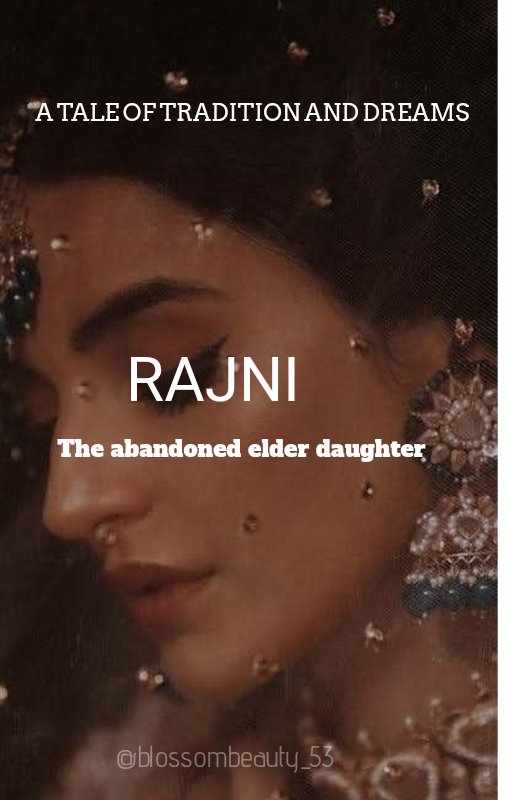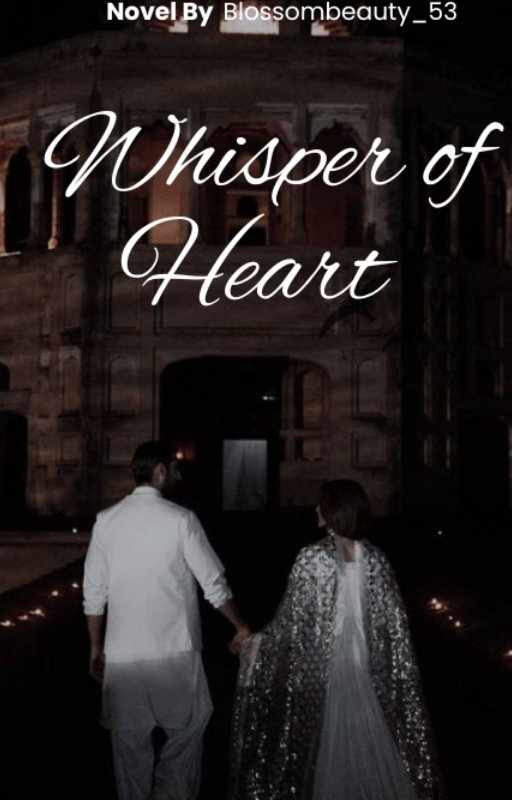
The morning in Vrindavan was soft and golden, the sun breaking through the thin veil of mist that clung to the riverbanks. The holy town was already alive—bells chiming in temples, priests chanting mantras, and women in colorful saris carrying offerings of flowers, sweets, and incense. Amidst the crowd of devotees walking towards the temple, there was one figure who did not blend in, no matter how much she tried.
Aavya.
She wore a simple suit of light yellow-green, the kind that did not attract attention but somehow reflected the fragile glow of her inner world. Her dupatta was draped loosely over her head, more to shield her tears than to follow tradition. In her hands, she clutched a small thali—a brass plate with a diya, marigold petals, and sandalwood sticks, trembling slightly as though the weight of it was far heavier than it appeared.
Today was not an ordinary day. Today marked eighteen years since her mother’s death.
She stepped inside the temple courtyard, her feet bare against the cold marble floor. The chants echoed around her, but in her heart, there was only silence. Silence that screamed, silence that burned. She had come here not out of ritual, but out of a desperate need to connect with the only person who had ever loved her unconditionally.
Her mother.
Aavya closed her eyes, and for a brief moment, she imagined her mother’s face. Gentle eyes, warm smile, the softness of her lap where she used to rest her head as a child. But the vision was fleeting, swallowed quickly by the reality she lived in. Her mother had been gone for so long that even the memory felt fragile, like a leaf disintegrating in her hands.
She lit the diya, her fingers shivering as the flame flickered to life. “Ma…” she whispered under her breath, her lips trembling, “eighteen years, and still I feel like you left just yesterday.”
The words broke her.
A tear rolled down her cheek, and then another, falling onto the brass plate. She bit her lips, trying to hold back the sob that threatened to escape because in this sacred space, she didn’t want to look weak in front of strangers. Yet weakness was all she had ever known.
Her life after her mother’s death had been nothing but a series of betrayals and wounds.
Her stepmother, who should have been a guardian, had despised her from the very beginning. To her, Aavya was nothing more than a shadow of bad luck, a reminder of everything wrong. “Your presence is a curse,” she had once hissed when her father wasn’t home. “If you weren’t born, your mother would still be alive.” Those words had carved themselves into Aavya’s soul, deep scars that no amount of time could heal.
And her father?
He had left long ago, running after business deals in Mumbai, pretending his absence was justified by responsibility. But what responsibility was greater than that of a father to his daughter? He had left her alone in a house that never felt like home, where every smile was fake and every kindness carried the bitterness of poison.
So here she was, standing in the temple, trying to piece together fragments of strength.
Her prayer was not for wealth, not for love, not even for family. It was for peace. Peace in her broken life, peace in her heart that had been wounded too many times, peace in her soul that had learned to bleed silently.
“Ma,” she whispered again, her voice cracking, “I don’t know how much longer I can carry all this alone. I try to be strong, but sometimes I wonder… do you watch me?" Do you see me crying at night? Do you see how badly I wish you were here?”
She pressed her palms together, bowing before the idol of Krishna. The deity stood radiant, holding the flute, smiling with eternal grace. But for Aavya, that smile felt like a cruel reminder of everything she lacked. People said Krishna protected the innocent, but why then had she been left to fight alone?
The temple bells rang louder, the priests calling devotees closer for aarti. Families gathered, their faces glowing in the flame’s light, mothers holding children, husbands and wives side by side, elders whispering blessings. Aavya stood apart, a lone figure swallowed by the crowd. She envied them not for their wealth or beauty but for the simple bond of togetherness she had never truly known.
Her hands trembled as she raised the thali, offering it to the flame. “Take care of her,” she prayed silently to the deity, her eyes fixed on the flickering diya. “Take care of my mother, wherever she is. And if you can… if you think I deserve even a little… give me strength to keep living, even if it’s without love.”
When the aarti ended, people exchanged prasadam, laughter, and greetings. Aavya quietly stepped aside, receiving her portion of sweets without meeting anyone’s eyes. She walked towards the small courtyard behind the temple, where a Peepal tree stood, its roots old and vast. It was here she often came after prayer because it was quieter, lonelier, a place where she could let her heart break freely.
Sitting on the stone platform under the tree, she placed the thali beside her and closed her eyes again. Memories came flooding back, uninvited.
The boy she once loved—the one she thought would heal her wounds, the one who promised forever. His betrayal still stung like fresh fire. He had left too, just like everyone else, leaving her to wonder if love was ever meant for her at all. She had given him her soul, and he had turned away as though she were nothing. That day, when she had cried until her eyes swelled shut, she realised some people were not meant to stay, no matter how tightly you held them.
The loneliness wrapped around her like a second skin.
She whispered to herself, “Maybe I was born to be alone. Maybe that’s what Ma wanted me to learn—to stand even when no one holds you.”
But even as she said it, she didn’t believe it. Deep inside, she was still that little girl waiting for someone to embrace her, someone to tell her she wasn’t a curse, someone to remind her she was worthy of love.
The temple bells rang again in the distance, signaling the next round of prayers. Aavya wiped her tears with the edge of her dupatta, took a deep breath, and stood up. Her face was pale but composed, her eyes still red but determined.
As she walked out of the courtyard, blending back into the streets of Vrindavan, she carried with her the same silent prayer she had whispered every year for the past eighteen:
“Ma, give me peace. Just peace.”
And though the world saw her as just another girl walking through the holy town, no one knew that within her, a war was raging—a war between hope and despair, between survival and surrender.
Aavya’s story had not yet begun. But in that moment, in that temple, on her mother’s eighteenth death anniversary, a seed was planted—a seed of resilience born from heartbreak. The girl who was broken, hurt, and betrayed was unknowingly on the path to discovering a strength she had never imagined.
Sometimes, the most shattered souls carry the most powerful light.




Write a comment ...